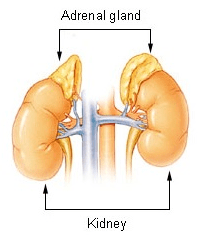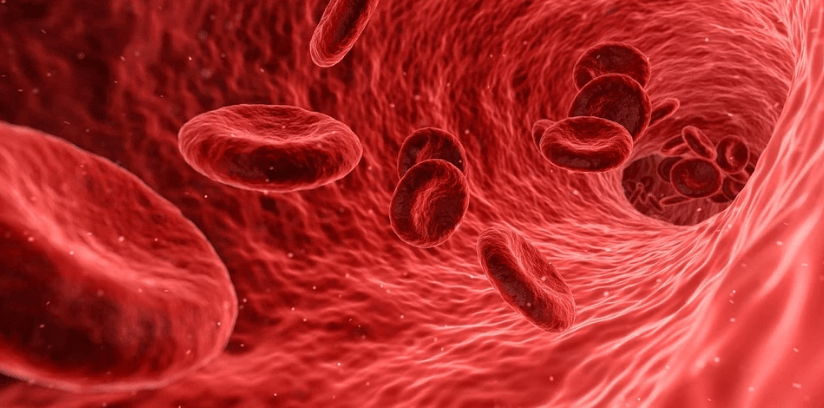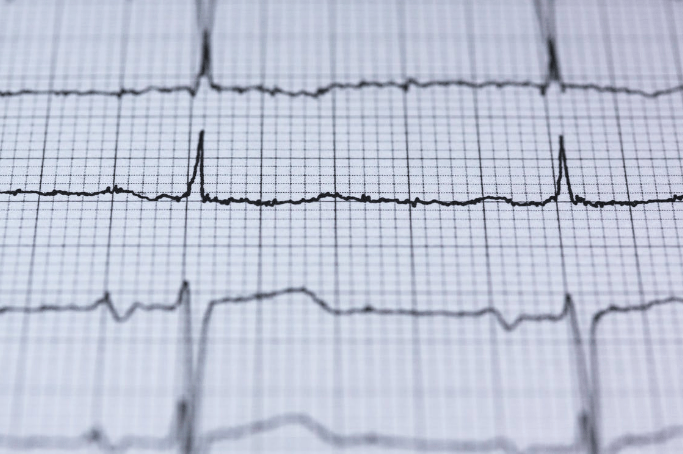Are you tired all the time? Does it feel impossible to get out of bed in the morning? Do you have problems fulfilling your everyday tasks? Well, that’s fatigue right there. It is a mental or physical state of severe tiredness and lack of energy that may occur due to several reasons.
In today’s world, almost everybody can get overtired and overworked at times, but it gets better with some sleep and rest. Fatigue is distinguished by profuse and continuous tiredness that doesn’t go away with sleep and rest.
Fatigue can be both physical and mental. Although physical and mental fatigues differ from each other, they often appear together. A person who continuously gets poor sleep can develop fatigue, as repeated physical exhaustion with insufficient rest can turn into mental fatigue over time. An average adult is recommended 7 to 9 hours of sleep each night, but many people do not get enough sleep due to various reasons, leading to fatigue.
Eating an unhealthy and improper diet and lack of physical activity can also lead to physical and mental fatigue.
How to Recognize Fatigue?
If any sort of physical and mental activity is causing you exhaustion which is not going away with rest or sleep, you may have fatigue.
The most common symptoms related to fatigue include aching or sore muscles, daytime drowsiness and sleepiness, headache, irritability, lack of motivation and concentration, gastrointestinal problems, or vision problems.
11 Hidden Illnesses That May Cause Fatigue
A couple of serious illnesses, like cancer or a reaction to certain medical treatments, can be responsible for making you weary. But a hidden illness in your body can also be the one making you tired. Detecting the underlying cause of fatigue is important to treat the hidden illness in time before it causes any irreversible damage to your body.
This article outlines some major health conditions that may hide behind your fatigue.
1. Sleep Apnea
It is a possibly serious sleep disorder that causes your breathing to repeatedly stop and start due to the narrowing or closing of the throat during sleep. Sleep apnea can be characterized by loud, persistent snoring coupled with pauses in breathing and gasping episodes during sleep.
Obstructive sleep apnea, the more predominant form, is most commonly caused by excess weight and obesity, which is why it is observed more in overweight middle-aged men. Consumption of alcohol and smoking may only worsen the condition.
Fatigue is associated with sleep apnea, as multiple sleep interruptions result in poor and improper sleep, triggering fatigue and tiredness.
2. Depression
To all the people out there who think that depression is a mood, it is not. It is a serious medical illness that causes a constant feeling of sadness, lack of interest and negatively affects all the aspects of your life.
You can’t narrow down a single cause of depression, as there are multiple reasons and triggers that can lead to it. Any unfortunate and stressful event can cause depression, or different causes can collectively trigger it.
Living with a mental illness, such as depression, is exhausting and can drain out all your energy, making it hard for you to perform regular activities.
3. Anxiety
Your body’s natural response to stress is called anxiety. It triggers your body’s flight-or-fight response and releases certain chemicals and hormones, like adrenaline, which boosts your pulse rate and breathing rate to supply more oxygen to your brain.
It is completely normal to feel a bit anxious at times of stress, but persistent, uncontrollable anxiety can have a strong and prominent negative effect on your everyday life. This condition is called Generalized Anxiety Disorder (GAD), a chronic state of anxiety. A person with this condition may have muscle tightness and body pain, along with feeling tense and improper sleep, which can cause fatigue.
4. Diabetes
Diabetes is a metabolic disease that occurs when your blood glucose levels are too high.
The hormone insulin, which the pancreas makes in your body, transports sugar from the blood into your cells to be contained or converted into energy. In a diabetic patient, the pancreas either doesn’t make enough insulin, or the insulin made is incapable of being used productively, which causes a rise in blood glucose levels.
When the body fails to meet our energy needs, it can make us feel extremely tired and fatigued.
Diabetes is a very expensive disease. You are pretty much stuck taking meds for the rest of your life. Consider enrolling an a prescription advocacy program in order to get
coupons for drugs like jardiance.
5. Anemia
Red blood cells in our body carry an iron-rich protein, called hemoglobin which is responsible for oxygen transportation throughout the body. Anemia is a common blood disorder in which a decrease in the total amount of RBCs lowers the ability of blood to carry oxygen throughout the body. Low iron level in the blood is the most common cause of anemia.
Many people with anemia may feel low on energy, weakness, tiredness, and difficulty in focusing. Fatigue is the most common symptom of anemia which is due to low oxygen levels in body tissues.
6. Endocarditis
Endocarditis is a rare and life-threatening heart condition in which the endocardium, the inner lining of the heart’s chambers, is inflamed. This is generally caused by an infection. It occurs when microbes, usually bacteria, travel to your heart after entering your bloodstream and attack the damaged heart tissue.
Symptoms of infective endocarditis may progress slowly or appear suddenly. It is usually characterized by flu-like symptoms, such as fever, chills, increased heart rate, night sweats, aching joints and muscles, persistent cough, or unexplained fatigue.
7. Hypothyroidism
Hypothyroidism, also called underactive thyroid disease, is a condition in which your thyroid gland does not produce enough hormones, slowing down your metabolism. It can make you feel exhausted, gain weight, and makes it hard for you to tolerate cold temperatures.
The most common cause of hypothyroidism is autoimmune disorders in which the immune system attacks the thyroid gland, resulting in this condition.
8. Adrenal Insufficiency

The most common symptom is chronic or long-lasting fatigue, muscle weakness, abdominal pain, loss of appetite, and weight loss.
9. Urinary Tract Infections
As the name suggests, it is the infection of the urinary system that can involve the urethra, kidneys, or bladder. It is caused by microbial infiltration in the urinary tract.
Usually, the symptoms of UTIs include pain or burning sensation during urination and an increase in urgency and frequency of urination. The increased frequency and pain can cause fatigue and weakness in the patient. However, the infection can be treated by the use of antibiotics.
10. Restless Legs Syndrome (RLS)
RLS is a nervous system disorder, also called Willis-Ekbom Disease. It causes an overwhelming and uncontrollable urge to move legs, usually coupled with unpleasant or uncomfortable sensations. Mostly, the cause of RLS is unknown, but in few cases, it is found to be in families.
The condition can also occur in other parts of the body, such as the head, arms, and chest. Sleep problems are quite common in patients with RLS, due to which fatigue can be a major symptom.
11. Chronic Fatigue Syndrome (CFS/ME)
CFS, also referred to as Myalgic Encephalomyelitis (ME) or Systemic Exertion Intolerance Disease SEID), is a complicated, long-term disorder that affects multiple body systems and causes extreme fatigue that lasts for an extended period, at least six months. Any physical and mental activity only worsens the fatigue, which is not improved with rest.
The exact underlying cause of this syndrome is still unknown, but a lot of theories suggest a wide range of causes, from viral infections to psychological stress.
Aches, pains, and unclear thinking are some common symptoms, while fatigue is the predominant symptom of CFS.
Final Thoughts
It’s not wrong to say that fatigue may be one of the most commonly reported symptoms by many patients. When your body fights disease or infection, it consumes a large amount of energy which may be the most understandable reason behind the feeling of fatigue and tiredness by the patient.
Several illnesses and lifestyle factors, such as diabetes, chronic pain, and sleep deprivation, can result in fatigue. Fatigue usually affects an individual’s daily life activities, which is why a continuous and constant state of tiredness should not be taken lightly. It may be your body trying to inform you of a hidden illness, which may need urgent attention.
This is when you should visit your doctor and tell them about your symptoms to help them diagnose the underlying cause of your fatigue.











